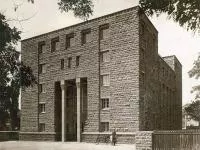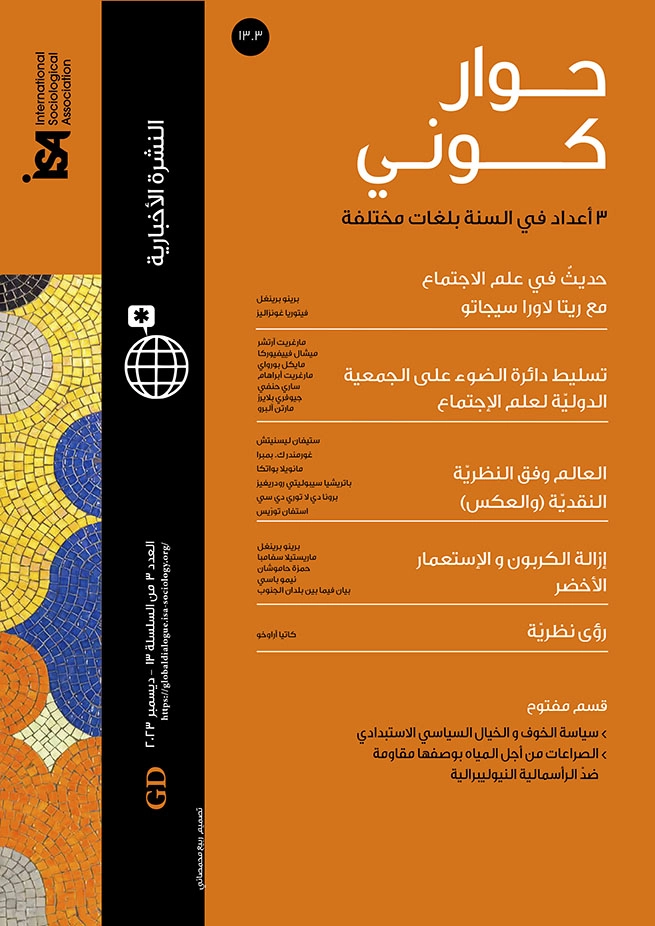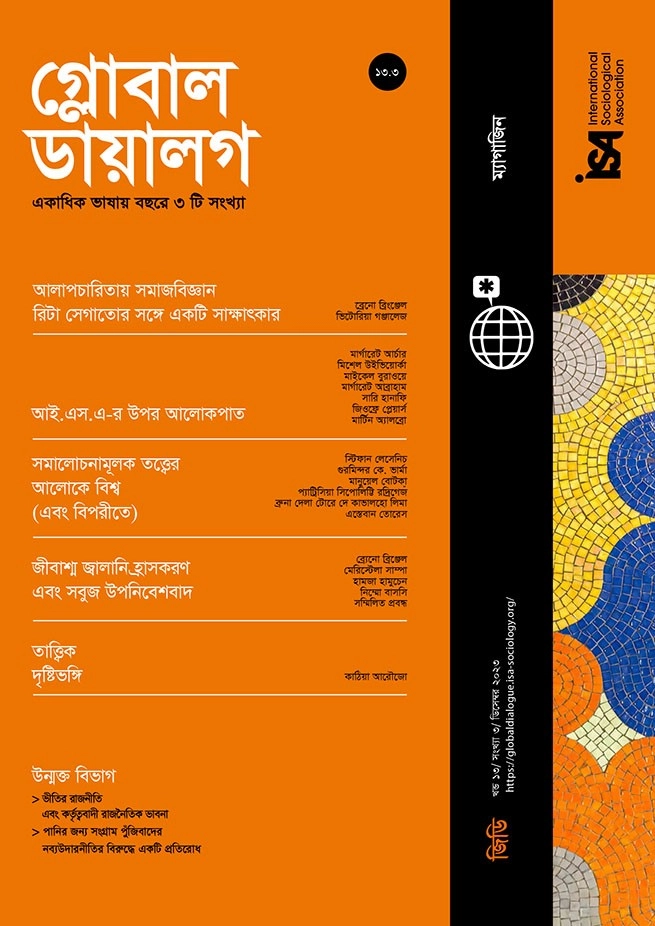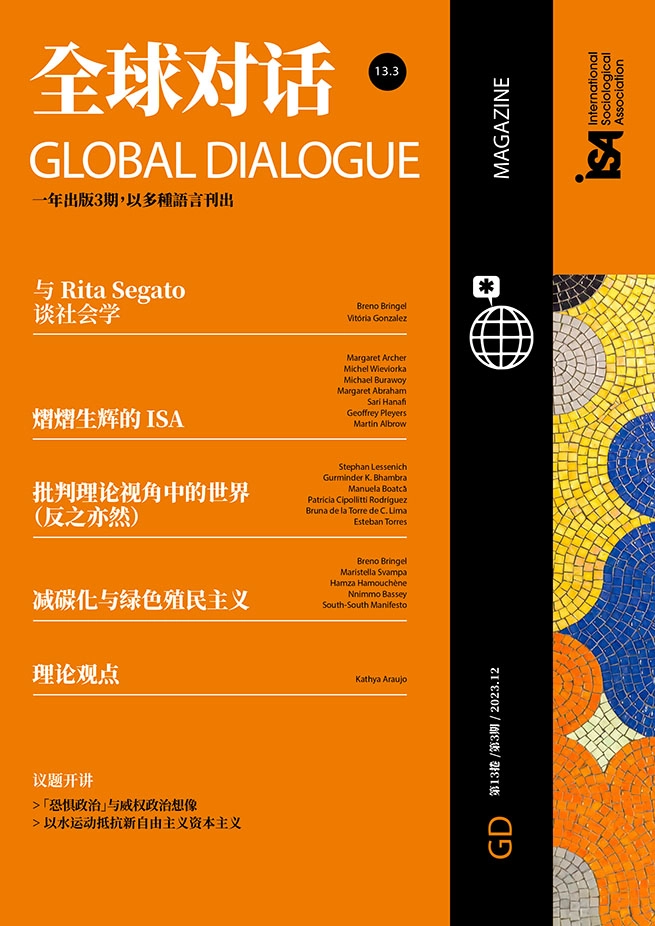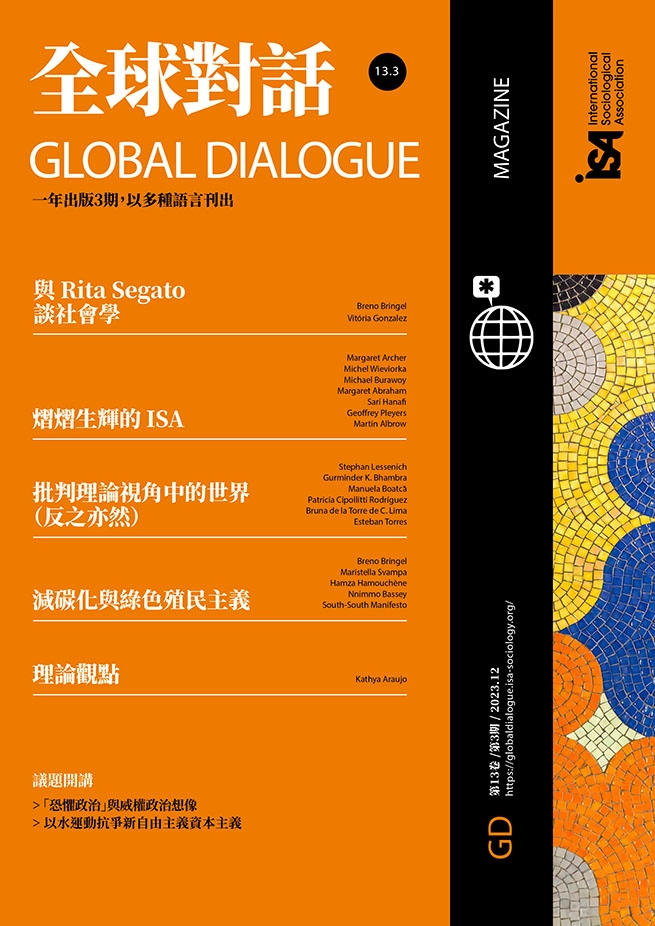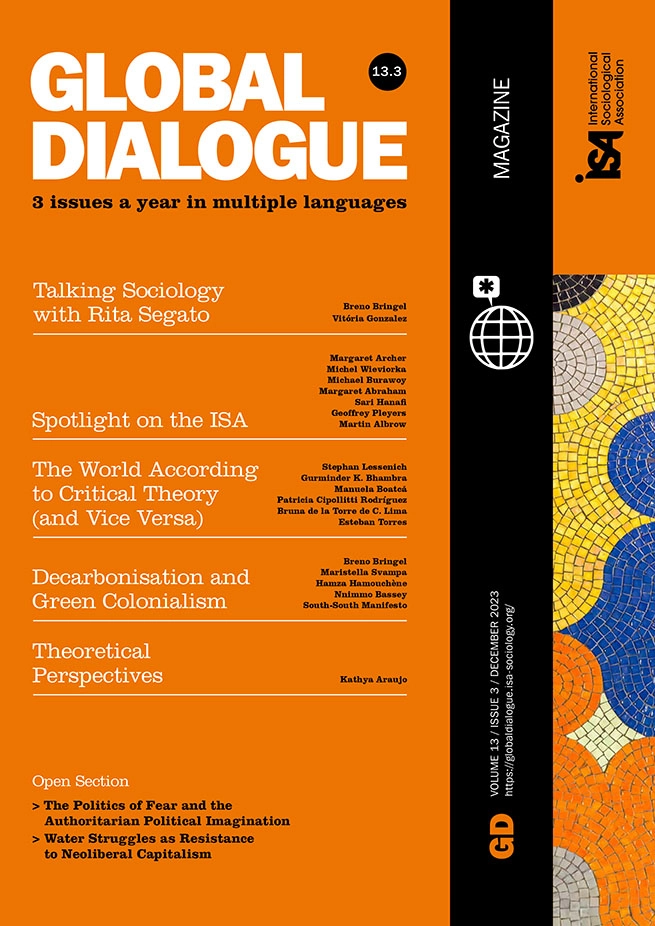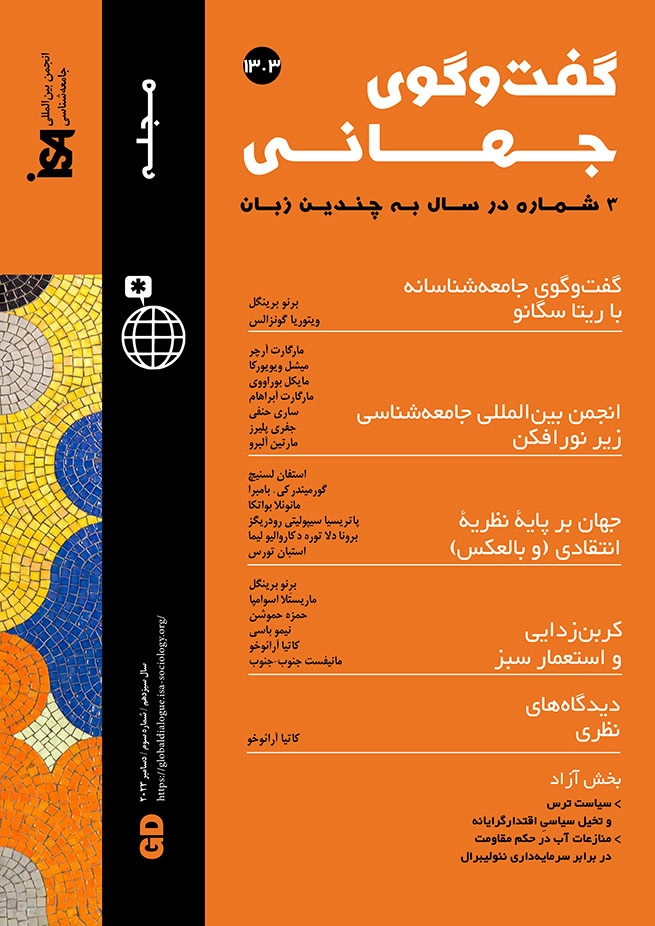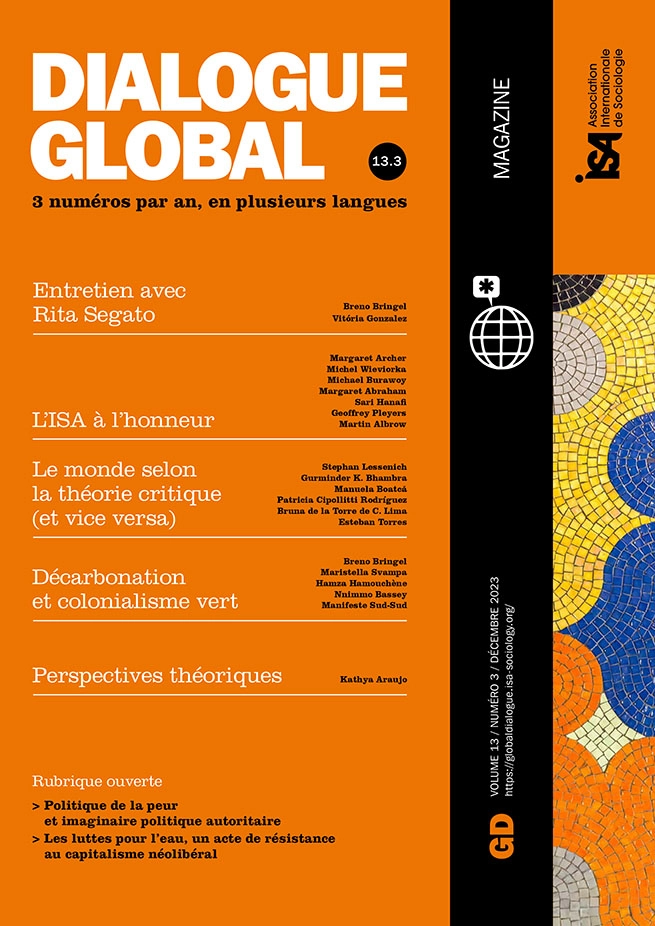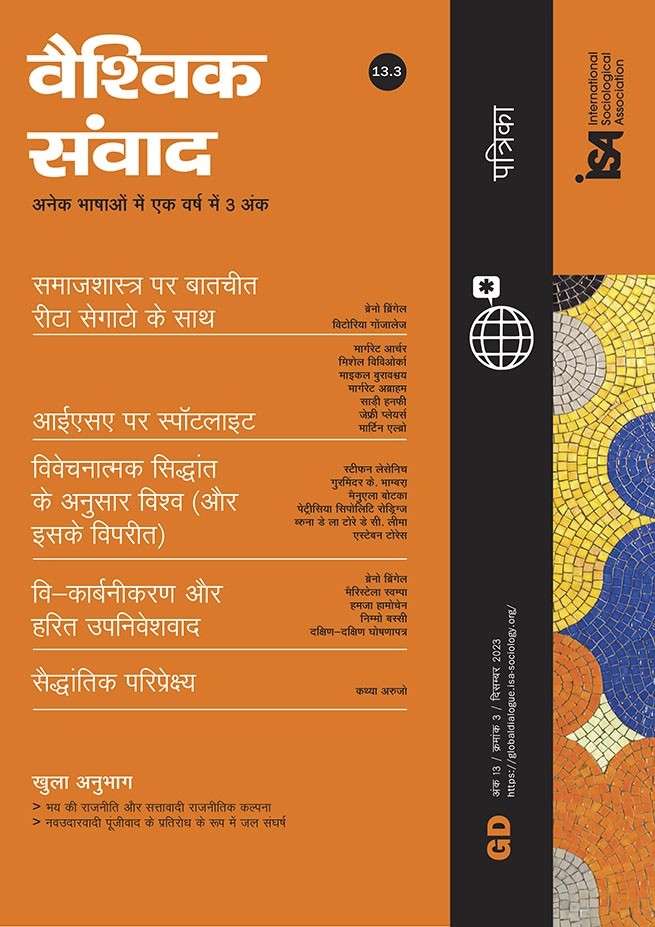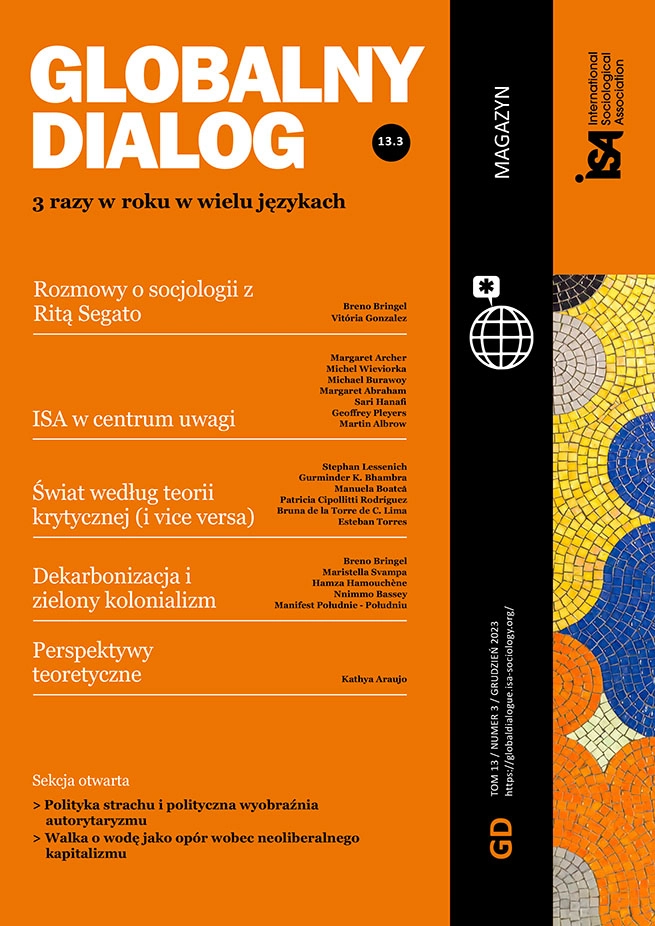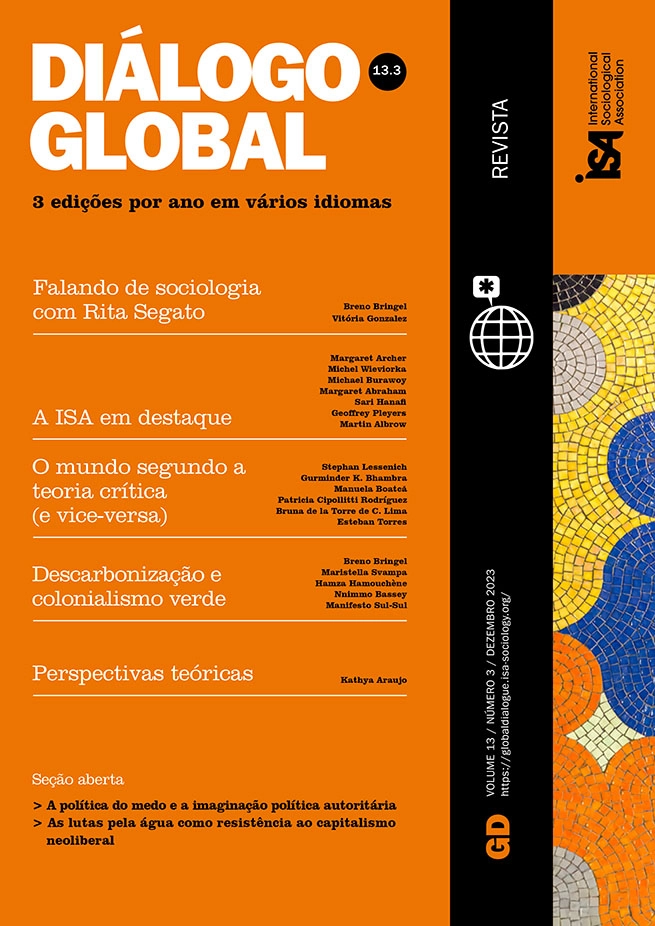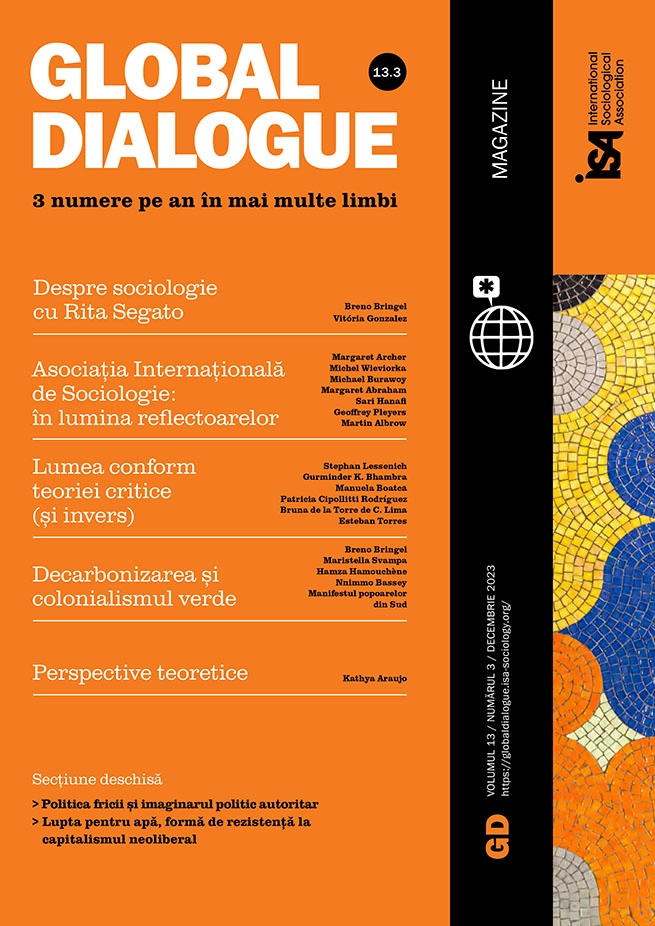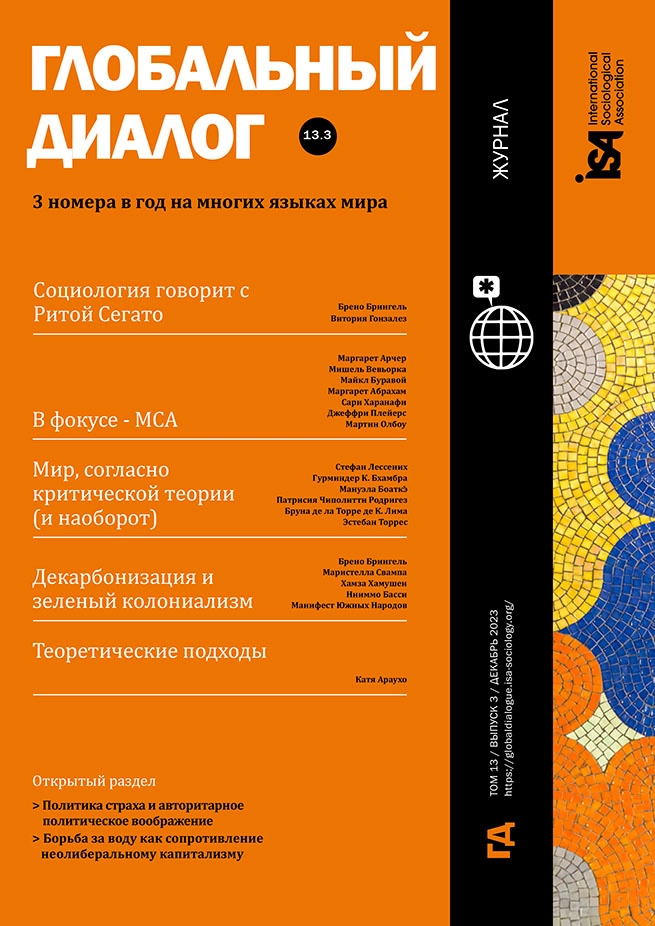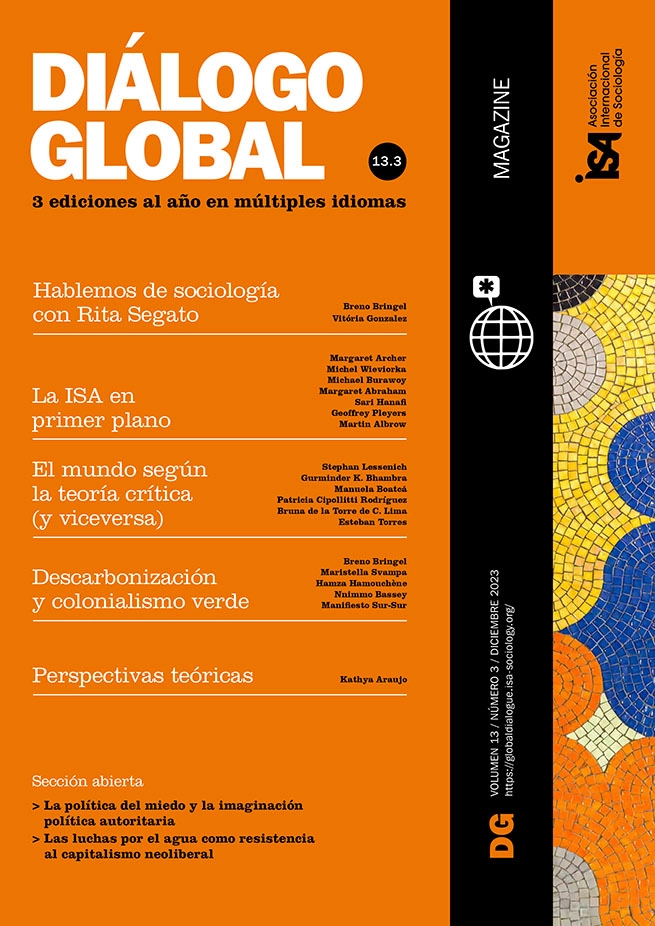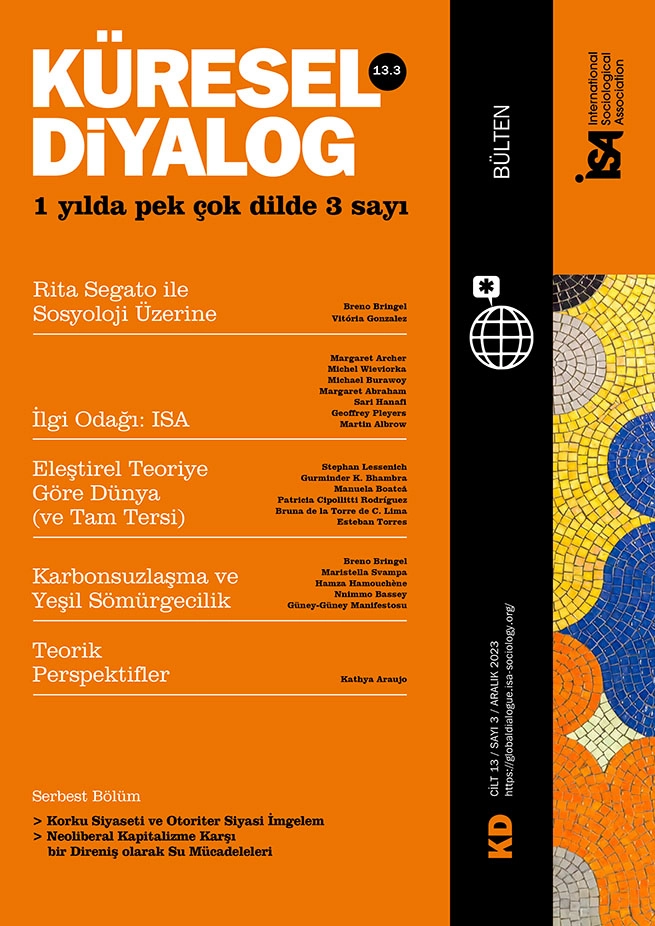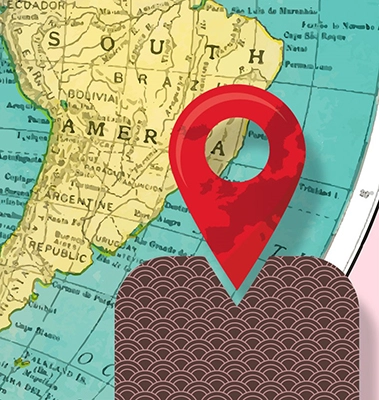The main experience of critical theory production in the Western hemisphere took place in Frankfurt and New York, around the Institute for Social Research (IfS), between the 1920s and 1960s. In the beleaguered heart of the IfS, the works of Horkheimer, Adorno, and Marcuse throbbed strongly. In the history of Latin America, on the other hand, the most important nucleus of critical theory creation flourished in the fields of sociology and economics in the 1960s and 1970s. There, the most outstanding authors were Raúl Prebisch, Fernando H. Cardoso, Darcy Ribeiro, and Ruy Mauro Marini. The two currents diverged significantly because the structural problems they identified differed greatly, and because the historical experiences of the intellectuals involved were radically different. The Latin American current, moreover, evolved in relation to a politics of majorities. Only recognition of the unique determining force exerted by each historical location on intellectuals and their critical theories can explain the existence of such a broad gap between two currents endowed with German DNA, which share Marx and Weber’s works as their central theoretical sources.
A historical experience and a structural problem
Every critical theory is shaped at the intersection between a historical experience and a structural problem. The differentiation between these aspects is useful for detecting when a critical theory begins to lose its capacity for knowledge, conducive critique, and social transformation. The historical experience of Nazism, and more particularly that of the Jewish extermination, caused the Frankfurtian project to identify the loss of individual freedom as the main structural problem. Without the lasting scars left by that experience, the critical theory produced by the School of Frankfurt would have been different. The problem of Latin America’s structural dependence on central countries took on a theoretical and critical form at a time when the region was on the rise and when it had become clear that European recipes of peripheral countries were a complete failure. Structural dependence was a major obstacle which clashed with the optimistic experience of upward evolution. Latin American social theory becomes critical with the circumstantial loss of the industrializing battle. Still, it maintains its positive momentum based on a rational belief in the possibility of building a post-peripheral society rather than a post-capitalist one. This was neither pure negativity nor pure positivity, as put forward by Marx’s teachings. I have referred to two different structural problems which persist to this day, linked to two historical experiences. Overcoming the problems of a lack of freedom and the persistence of underdevelopment requires the creation of new critical theories that account for the current historical experience of mundialization.
Contemporary deviations: ahistoricism, anti-politics, and separatism
Most of the critical theories currently circulating in Latin America and Europe seem to have lost their potency. In my opinion, this has occurred due to the amplified reproduction of three dominant intellectual deviations, and of a long-standing reductionism. These are: an ahistorical deviation, an anti-political deviation, and a separatist deviation. The first has to do with ignoring the weight of situated historical experiences in the definition offered by theories of structural problems, as well as in the shaping of public research agendas. The anti-political deviation is associated with the transformation of criticism into an end in itself. And the third deviation, the separatist one, manifests itself in two opposing practices: the autonomization of critical theory from sociological research and the conduct of social studies without a critical theory of society and, above all, without a theory of capitalism. Horkheimer and Adorno called this last aspect “sociology without society”. Finally, long-term reductionism is associated with the widespread reproduction of a Eurocentric view of societies. The understandable original limitation of this dominant and self-referential vision becomes irrational blindness starting from the surprising denial of the process of mundialization of societies that began its sustained march in the middle of the twentieth century, driven by the national liberation movements of the periphery, decolonization in its advanced phase and the rise of the Asian bloc.
Frankfurt’s encounter with Latin American sociology
The process of mundialization is the historical experience that makes it possible to bridge the gap between the Frankfurt tradition and the Latin American tradition. An initial experience of communication between the two currents could generate the basic intellectual resources to overcome the obstacles mentioned above. Properly observed, both traditions constitute antidotes against the ahistorical deviation. So, the first Horkheimer, Marcuse, and the Latin American current, all in the wake of Marx, offer instruments to counterbalance the anti-political deviation. Likewise, in an attempt to overcome the separatist deviation, the integration of the contributions of the original Frankfurt project and the penetrating critique of positivism by Adorno and Horkheimer is indispensable. And finally, to enact a reconstructive project that completely dismantles Eurocentrism, it is essential to refer to the contributions of the Latin American current.
In order to definitively overcome the abovementioned obstacles and recover the vigor of critical theory, it is necessary to promote a change of paradigm that allows for the development of new critical theories of world society. By this I mean a theoretical practice that should be conceived as an irreducible moment of a social research process, a critique that needs to be activated by a scientific engine, and then calibrated by a strategy of earthly social transformation. Moreover, it is necessary to construct the idea of a post-Eurocentric world society, conceived as a superior unity that is realized in the interaction between three planes: i) that of the relations between national, regional, and global spheres, ii) that of center/periphery relations, and iii) that of the relation between modernities and the non-modern.
The new intellectual program of the IfS, led by Stephan Lessenich, is the most ambitious navigation chart drawn up by the Frankfurt School since 1923 insofar as it defines its structural problems by inscribing itself in the historical experience of mundialization, assuming a scientific, critical, and political commitment to a process of social transformation that far exceeds Europe.
Esteban Torres, Universidad Nacional de Córdoba, Argentina <e.torres@em.uni-frankfurt.de>
